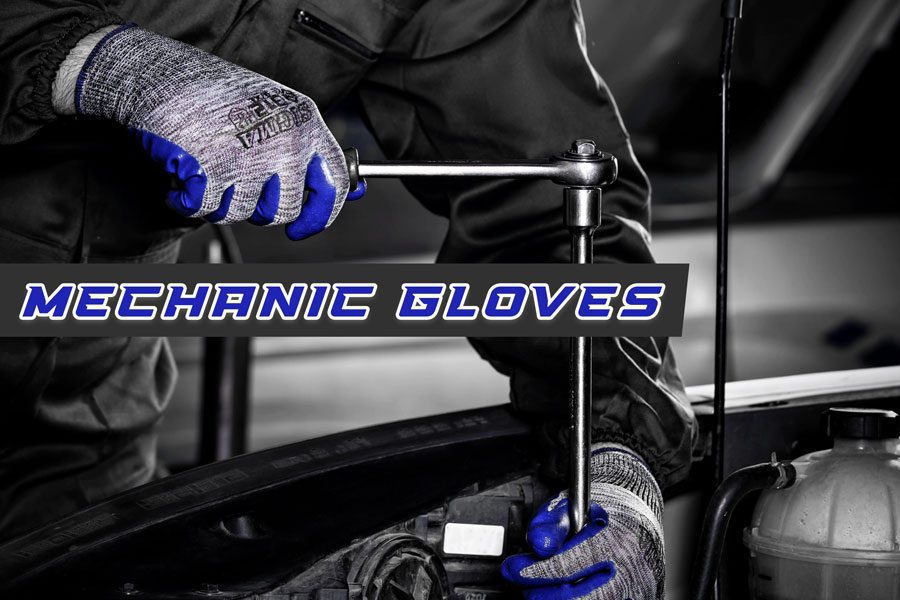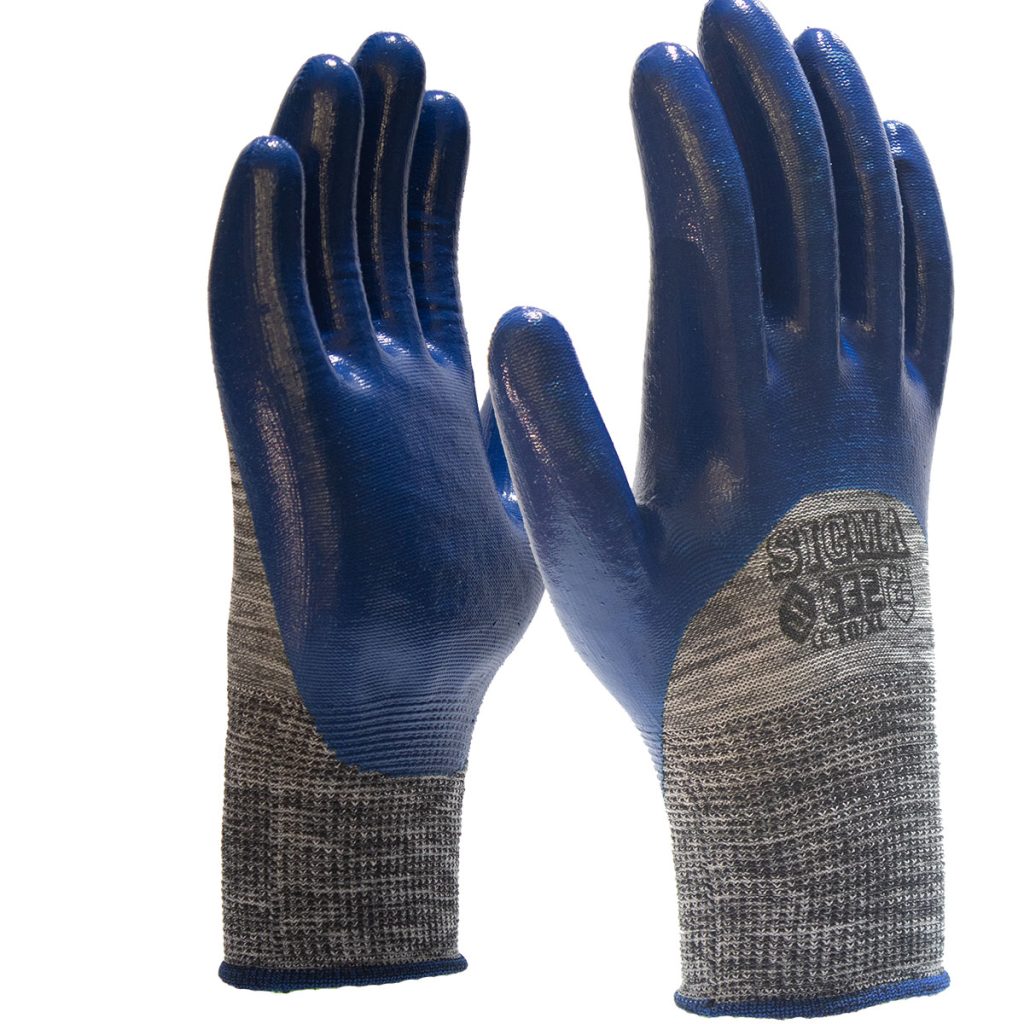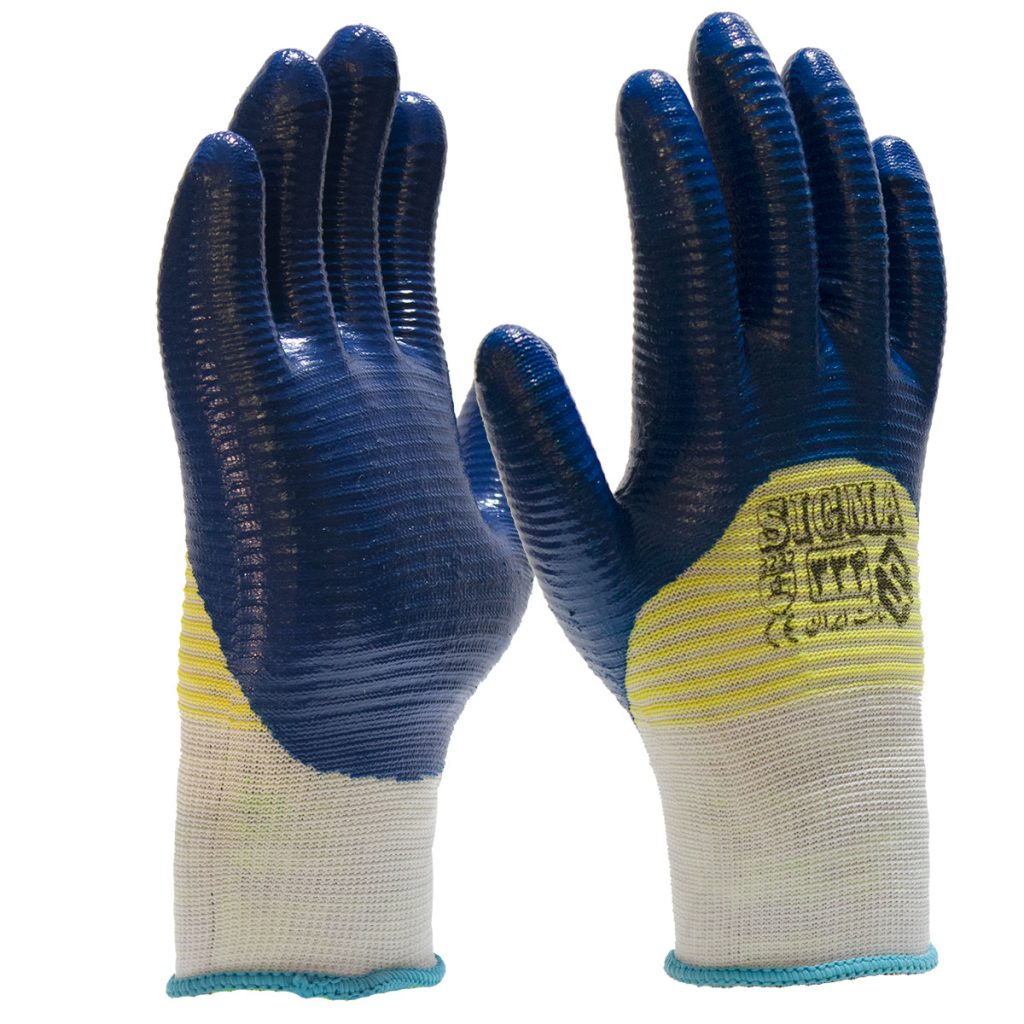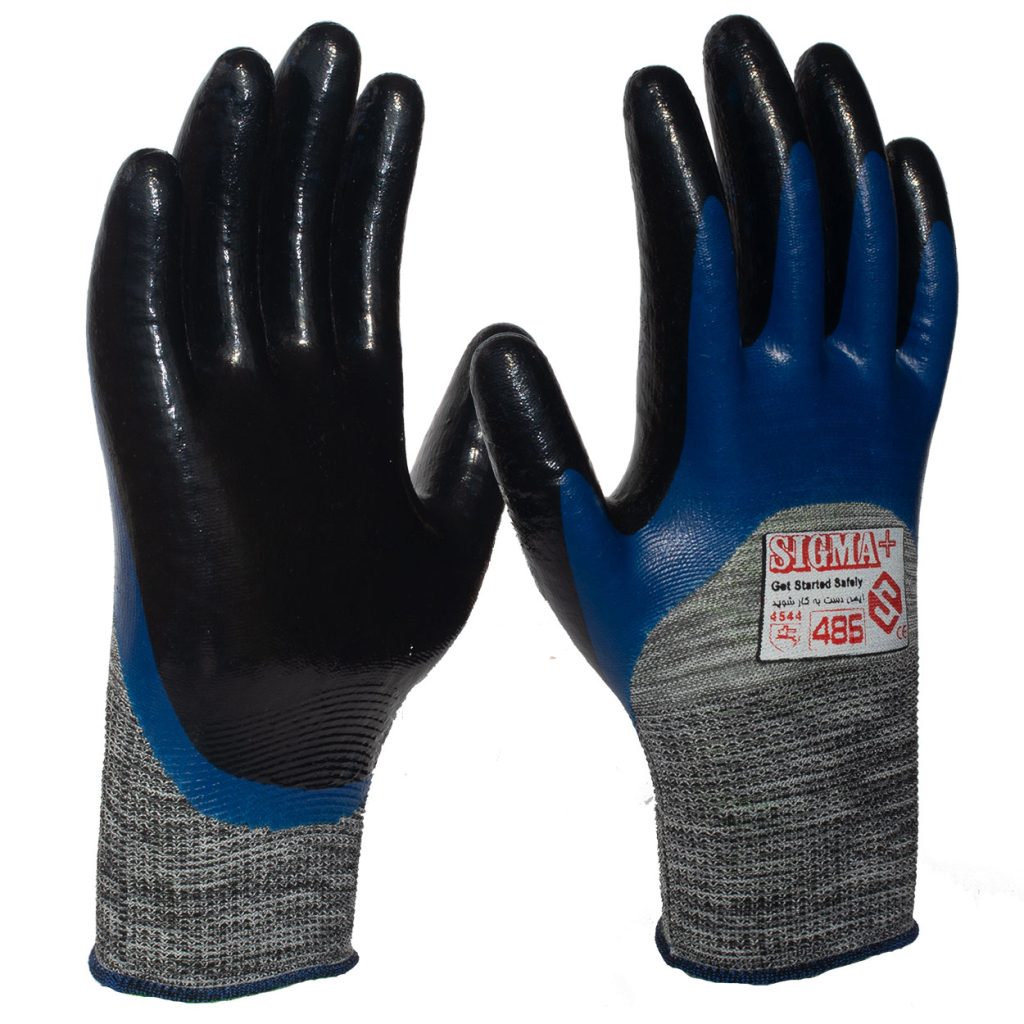Mechanic gloves
Mechanic Gloves

Mechanic coated gloves are a type of work gloves that are designed for mechanics and other professionals who work with tools and machinery. These gloves are typically made from materials such as nylon, spandex, or other synthetic fibers, and are coated with a layer of rubber or another durable material on the palms and fingers.
The coating on mechanic gloves provides extra grip and protection against cuts, abrasions, and punctures. It also helps to reduce the risk of slipping while handling tools or machinery. Additionally, many mechanic gloves are designed to be breathable, allowing for greater comfort during extended use.
When selecting mechanic coated gloves, it’s important to consider the type of work being performed, as well as the level of protection required. Some gloves may be better suited for light-duty tasks, while others are designed for heavy-duty use in harsh environments. It’s also important to choose gloves that fit properly and provide the necessary dexterity and flexibility to perform tasks effectively.
Mechanic gloves with nitrile coating are gloves that are designed to protect against chemicals, oils, grease, dirt, and other contaminants in industrial and mechanical environments. Nitrile coating on the mechanic gloves is made of synthetic materials such as nitrile butadiene rubber (NBR) and is applied to the gloves to provide a protective barrier and improved grip.
The Features Of Mechanic Gloves With Nitrile Coating
*Resistance to abrasion, cuts, and tears
*Resistance to oils and greases
*Resistance to chemicals
*High grip and improved control for the wearer
*Ability to be used in dry and wet environments
*Ability to be used in high-temperature environments
Mechanic gloves with nitrile coating are available in various sizes, designs, and colors to suit different applications. They are also available in different thicknesses and levels of durability to provide adequate protection for various mechanical and industrial tasks.
When selecting mechanic gloves with nitrile coating, it is important to choose gloves that fit properly and provide adequate protection for the task at hand. It is also important to consider the level of dexterity required for the task and to choose gloves that provide the necessary grip and control.
Common Mistakes People Make When Choosing Mechanic Coated Gloves
1. Choosing the wrong material: Different materials provide different levels of protection and performance, so it’s important to choose the right material for the job. For example, nitrile coated gloves may be more suitable for handling chemicals, while latex coated gloves may be better suited for general maintenance work.
2. Not considering the level of protection required: Different tasks require different levels of protection, so it’s important to choose gloves with the appropriate level of protection. For example, gloves with a higher level of cut resistance may be necessary when working with sharp tools.
3. Not considering the fit: Gloves that fit poorly can affect dexterity and increase the risk of injury, so it’s important to choose gloves that fit properly. Gloves that are too loose or too tight can also cause discomfort and may lead to hand fatigue.
4. Not considering the environment: The environment in which the gloves will be used should be taken into consideration when choosing the right gloves. For example, gloves with a high level of heat resistance may be necessary when working with hot surfaces.
5. Not properly caring for the gloves: Mechanic coated gloves should be properly cared for to ensure their longevity. Failure to properly wash and dry the gloves can lead to the buildup of dirt and bacteria, reducing their effectiveness and lifespan.
By avoiding these common mistakes and taking the time to select the right mechanic coated gloves for the job, professionals can ensure they are properly protected and can work effectively and safely.
What Type Of Gloves Should Mechanics Wear?
1. Choose the right type of coating: There are various types of coatings available for mechanic gloves, including latex, nitrile, polyurethane, and PVC. Each type of coating has its own unique properties, so choose the one that best suits your needs.
2. Consider the thickness: The thickness of the coating on mechanic gloves can vary. Thicker coatings offer more protection but can be less flexible, while thinner coatings offer more dexterity but may not be as durable. Consider your specific needs when selecting the thickness of the coating.
3. Check the grip: The purpose of the coating on mechanic gloves is to provide a better grip. Make sure the gloves you choose have a good grip, especially if you will be working with oily or wet surfaces.
4. Look for abrasion resistance: Mechanic gloves are often used in environments where there is a risk of abrasion. Look for gloves with a coating that offers good abrasion resistance to ensure they will last longer.
5. Check for breathability: If you will be wearing your mechanic gloves for extended periods, make sure they are breathable. Look for gloves with a coating that allows air to circulate to keep your hands cool and comfortable.
6. Choose the right size: Mechanic gloves come in a variety of sizes, so make sure you choose the right size for your hands to ensure a comfortable and secure fit.
7. Take care of your gloves: To extend the life of your mechanic gloves, make sure you store them properly and clean them regularly according to the manufacturer’s instructions. This will ensure they continue to provide the protection and functionality you need.
How Do You Clean Mechanic Coated Gloves?
Storing and cleaning mechanic gloves properly can help extend their lifespan and ensure that they continue to provide maximum protection and functionality. Here are some good ways to store and clean mechanic gloves:
Storing Mechanic Gloves:
1. Store them in a dry and cool place away from direct sunlight.
2. Avoid storing them in compressed or cramped spaces as this can cause the coating to crack or peel.
3. Consider using a glove holder or rack to keep them organized and easily accessible.
Cleaning Mechanic Gloves:
1. Follow the manufacturer’s instructions for cleaning the gloves. Different types of coatings may require different cleaning methods.
2. Rinse the gloves thoroughly with water to remove any dirt or debris.
3. Use a mild soap or detergent to clean the gloves. Avoid using harsh chemicals or solvents as these can damage the coating.
4. Gently scrub the gloves with a soft-bristled brush or sponge to remove any stubborn stains.
5. Rinse the gloves again to remove any soap residue.
6. Hang the gloves to dry in a well-ventilated area away from direct sunlight or heat sources.
7. Once dry, store the gloves according to the instructions above.
By following these tips, you can ensure that your mechanic gloves are stored and cleaned properly, which can help extend their lifespan and keep them in good condition for longer.





